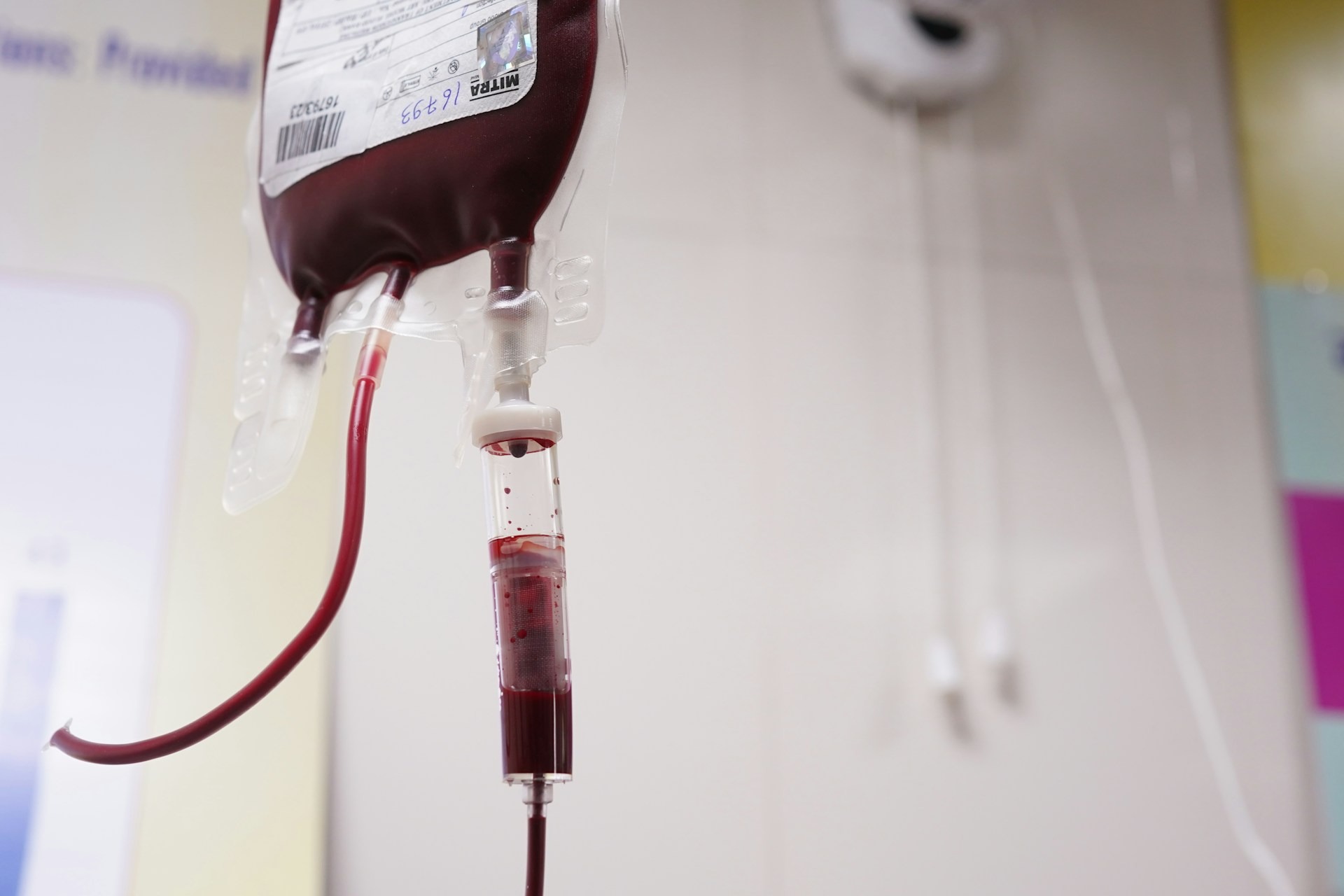Scientists are searching for a way to create universal blood types

Blood transfusions save millions of lives every year, but they come with a critical caveat: compatibility. Using the incorrect blood type will result in immediate rejection, which can cause kidney failure and ultimately death.
Humans have four main blood types – A, B, AB and O – determined by the presence or absence of specific sugars, called glycans, on the surface of red blood cells. These act as antigens, to which your immune system reacts if it doesn’t recognise them. Type O blood lacks these antigens, making it suitable for transfusions to anyone. It is especially useful in emergencies when there’s no time to determine a patient’s blood type, so demand for it far outstrips supply.
As a result, scientists have long sought out ways to remove the A and B antigens from red blood cells, converting them into O-type blood. Recently, a Scandinavian research collaboration has made a significant leap forward using microbial enzymes derived from a bacterium that thrives on mucus in the human gut. The sugars in the mucus are very similar to those on the surface of A and B blood types. As a result these enzymes can prune the A and B antigens from red blood cells.
Previous efforts in the 1980s, such as using α-galactosidase from coffee beans, made initial strides in converting B-type blood but didn’t fully eliminate antigen reactivity. The latest research has uncovered additional antigens that contribute to immune responses and shows promise in converting B-type blood into O-type with significantly fewer immune reactions.
When the converted B-type blood was mixed with O-type blood plasma containing antibodies to B-antigens, approximately 95 per cent of converted blood did not result in an immune response.
Although these findings bring the quest for universal blood closer to reality, there’s still work to be done, particularly with A-type blood, which presents more complex antigenic structures. Moreover, extensive safety studies and regulatory approvals are needed before this technology can be widely implemented.
This article is from New Humanist’s autumn 2024 issue. Subscribe now.


